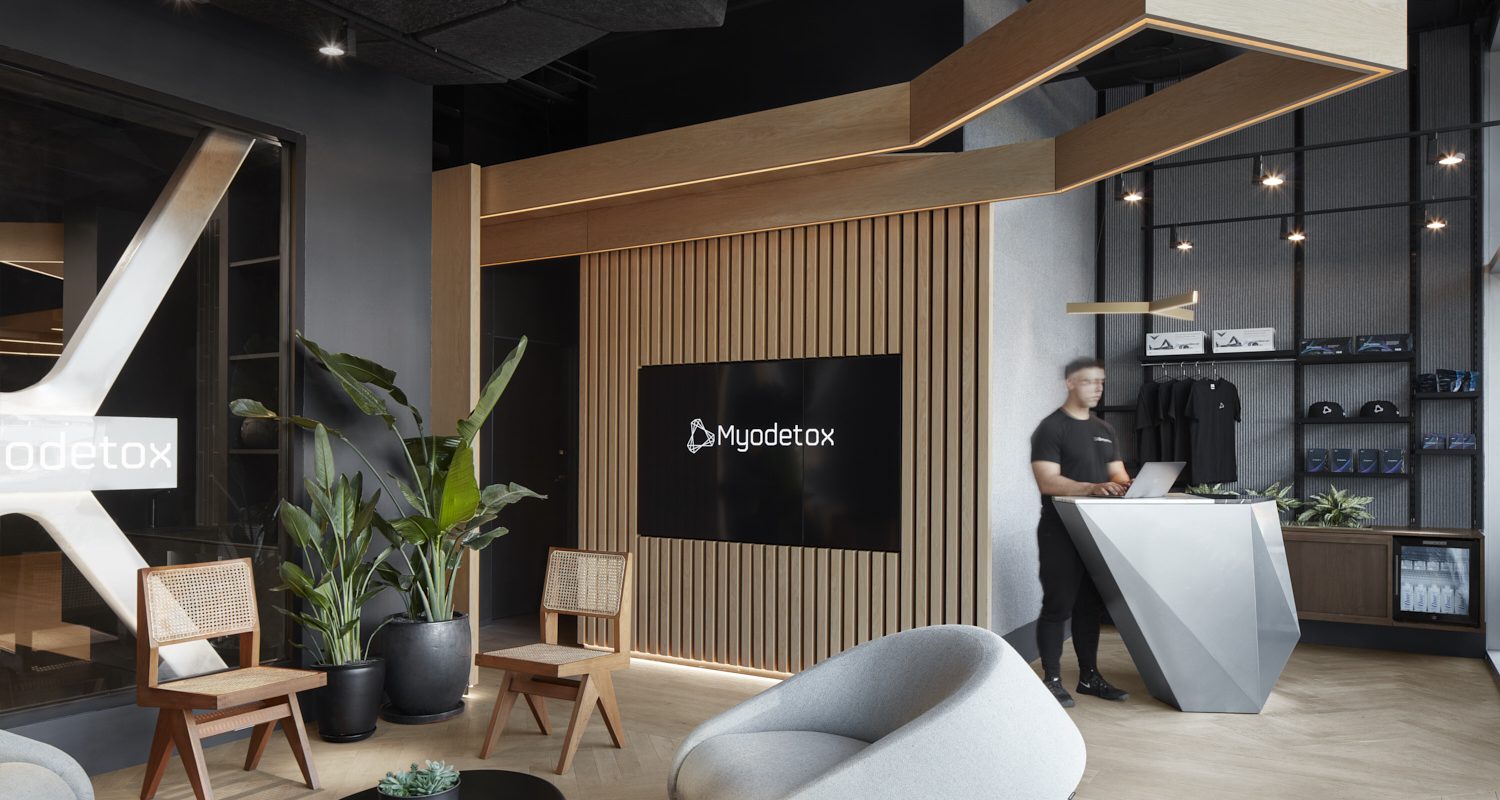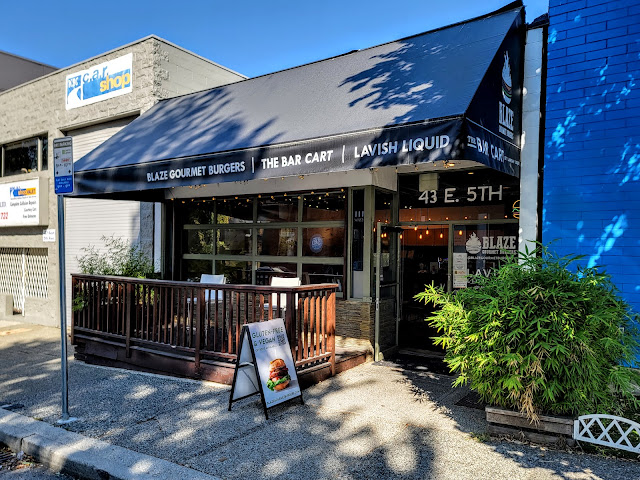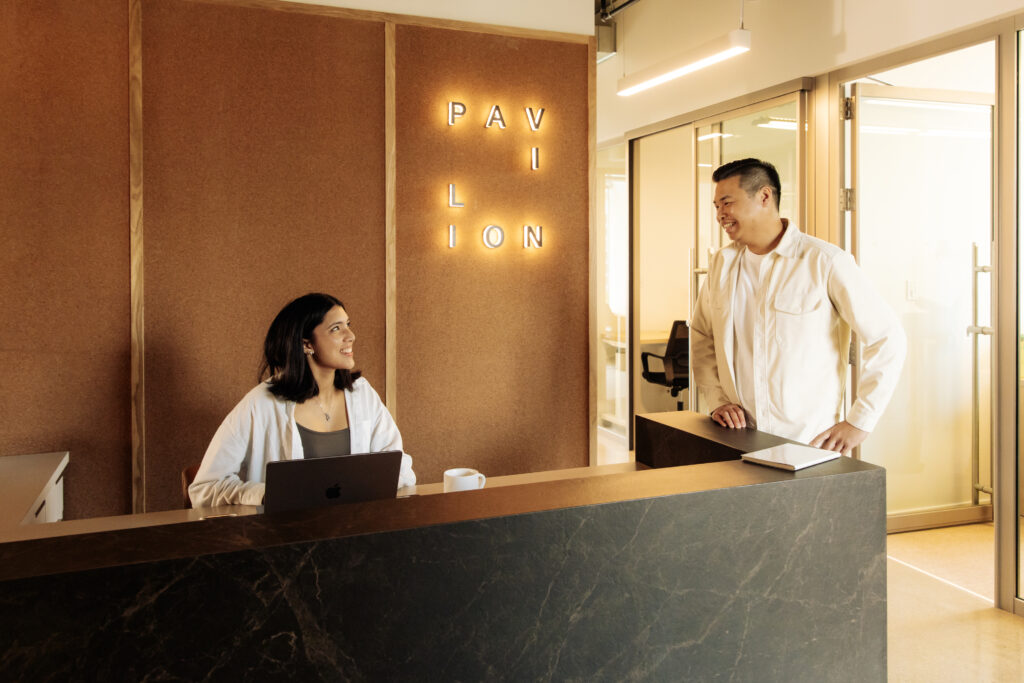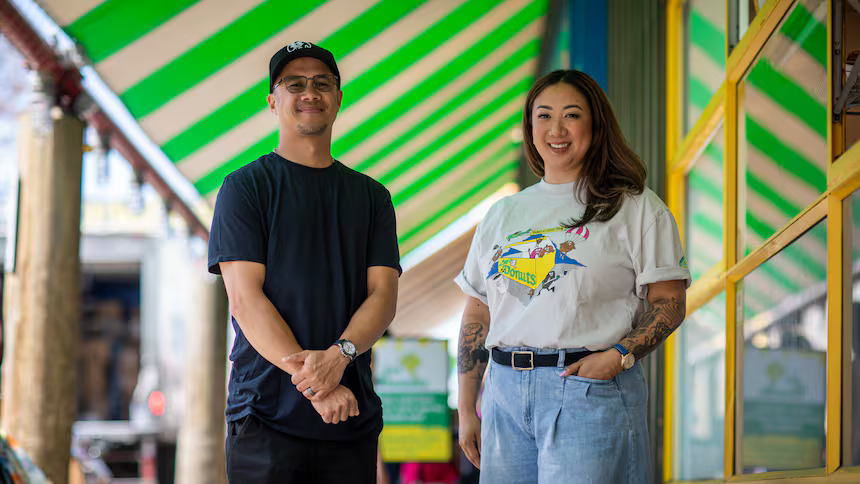
Opening new locations is such a regular occurrence for Myodetox that Jessie Wong looks positively relaxed as she tells me that the physical therapy company just launched its swanky new Park Royal clinic a mere two weeks ago.
As regional director for Western Canada, it’s Wong’s job to oversee all of Myodetox’s clinics in both British Columbia and Alberta—of which there are now a total of 10 (along with locations in Los Angeles and New York, with more on the way). It’s an impressive number for a brand that started humbly in Toronto, and expanded to Vancouver in 2016. Since then, Myodetox has become a go-to place for those looking to take care of their physical selves in the Lower Mainland and beyond. The goal, through its streamlined offering (including hands-on treatments and specialized services like run assessments), is to help people live better in their bodies.
Wong, who has been with the company since 2016 (when she started as a physiotherapist before transitioning into a leadership role), is still as passionate as she was on day one. Here, she discusses the vision of Myodetox, the most common misconceptions about physiotherapy, and why she loves working out of Pavilion.
How would you describe Myodetox’s mission?
Our vision as a company is really envisioning a place where humans are empowered to care for themselves and care for their own bodies. It’s this idea of clarity and confidence. We spend so much time getting to know our clients and getting to know their history, and not trying to rush that—and really building trust and a connection, and as a result, being able to go through a thorough assessment and creating a plan so they feel like not only have they been heard, but they can trust us to help them and be on their team, so they are able to to move forward and have a plan. Clarity and confidence are two focus words for us, and our mission, as a result, is to help raise body IQ globally—so, helping everyone understand their bodies.
What are some of the common misconceptions that you come across in the realm of physiotherapy?
I think there’s a misconception with pelvic health that only women can focus on it. Men also have pelvic muscles. And there’s a misconception [among women] of, “I only do it when it’s pre- and postpartum.’ The reality is, if you have a core, it affects everyone. Your pelvic floor muscles are not only important for your bladder, bowels, and sexual health, but they’re also the foundation of your core.
Also, some people have this notion of, “I come to see you so you can fix me.” And instead we’re framing it as, “Hey, there are a lot of things that you can do in your day-to-day to make a very big lifestyle change, and also enhance your quality of life.”
I think there is also still a bit of a belief that physiotherapy or sports medicine is only for athletes.
One of our principles is: everybody’s an athlete. It’s this idea that you should think of yourself as and you deserve the care that an athlete would get. You deserve someone who is going to take care of you. You deserve this idea of, “We are in it together.” Some of our marketing and some of our branding in the past has been super fit and super young people, and I’ve had clients come in, they walk by Main Street and they’re like, “Oh, it’s not for me; my daughter told me about it, but this looks for young people.” I’m like, “No, no. This is for everyone.” And so, part of our recent brand refresh is to be a little bit more inclusive, and I think it’s a lot more representative of the clients we actually see. My youngest client was seven years old. My oldest was 93. I’m glad we made a change in terms of the images that we’re producing and putting out, because I think it’s important for everyone to feel like they can see themselves as deserving of the care.
What has your experience at Pavilion been like?
It’s been two or three years now. We wanted to be in a space where we can feel like we’re part of a bigger community. It worked out for us, because the staff have been really social, and I think that’s a big piece that I felt was missing. We’re in the business of people. And I think being in a place where that also exists, like Pavilion, is really key to continue harnessing the community aspect of things.
This interview has been edited and condensed for clarity.





